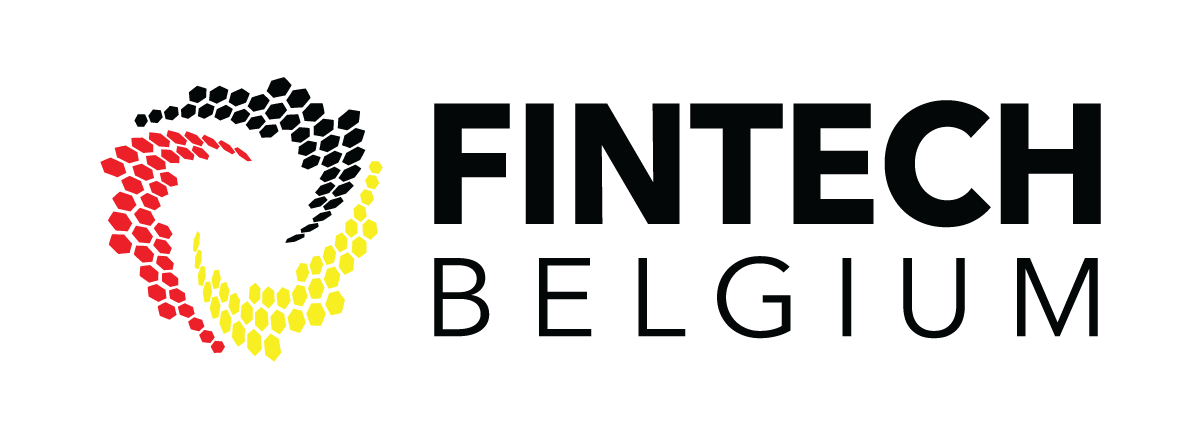How FinTech is shaping Financial Services
FinTech brings together the financial industry and high-technology sectors in a dynamic area where traditional financial institutions, telecommunications companies, start-ups and infrastructure operators are trying to respond effectively to the evolving needs of their customers. FinTech is changing the financial services (FS) industry from the outside in, according to the "Blurred Lines: How FinTech is shaping Financial Services" report published today by PwC. We estimate within the next 3-5 years, cumulative investment could reach USD 150 bn. Financial institutions and tech companies are stepping over one another for a chance to get into the game. The result is a new competitive landscape and playing field. As the lines between traditional finance, technology firms, e-commerce and telecom companies are blurring, many innovative solutions are emerging and there’s clearly no straightforward solution to navigate this FinTech world.The insights shared in this report are based on a unique and comprehensive global survey of over 500 senior FS and FinTech executives looking at the current and emerging trends in FinTech. "We complemented the study with our own insight and analysis into why FinTech is disruptive and how different organisations can and should respond to its challenges", said Gregory Weber, FinTech Leader at PwC Luxembourg and coordinator of the report. The report is also fuelled with proprietary research from *DeNovo, a new platform powered by Strategy& and PwC, focused on FinTech innovation and its impact on financial institutions.
Digital: the new "must have" for clients
Customer behaviours are at the forefront of the FinTech revolution, as our survey demonstrates. While consumers are rapidly adopting new technologies in their day-to-day lives, traditional FS companies are lagging behind and are well aware of this: in the next five years, over 60% of their clients will use a mobile application to access financial services at least once a month, according to our survey. Larger, more traditional financial institutions constrain themselves with complex development processes and caution about regulation and legacy systems. Meanwhile, FinTechs are using lean, agile methods of product development and innovation to respond to customers’ emerging needs.In this sense, "FinTech challenges the orthodoxy of domestic models of banking and insurance, and reinventing the customer experience in the FS sector. Furthermore, FinTech is serving millions of previously under-served consumers with redefined and innovative solutions. Financial sector companies thought they knew their clients, but right now it’s FinTech firms who know them better", highlights one of the survey participants.
With FinTech development, financial sector companies fear losing nearly a quarter of their activity
The survey published by PwC also indicates that 83% of executives believe that their activity could be suffering due to FinTech’s exponential development in the next five years. FinTech is bringing new contenders to the playing field and is consequently increasing competition throughout the entire financial services sector. The result is a reduction in margins and a loss of market share for traditional financial institutions. This figure rises to 95% when looking at the responses of banks surveyed in the report. With the pace of change now occurring at increasingly faster intervals, no financial business can sit on its laurels.Another tech disruptor that has a huge potential for the financial industry, but still underestimated by financial actors, is the blockchain. Most of respondents (56%) recognise its importance, but, at the same time, 57% admit they’re unsure or unlikely to respond to this trend. This increases the urgency to analyse and exploit the ins and outs of advanced technologies to keep the pace with consumers.We now know that the financial institutions - FinTech alliance is an alternative to traditional models, capable of providing a new stream of business despite improvements needed in terms of control and regulation. Traditional institutions, whose model is gradually weakening, have thus the means to enter the ecosystem of FinTech companies and to take advantage of their trust-based relationship with customers."To traditional financial institution, this merger can also bring significant challenges, be it in their corporate culture resisting outside influences, the infrastructure that’s not ready to accommodate new technologies or forces from the outside, such as laws and regulations", says Gregory Weber.
No intermediaries: FinTechs’ secret weapon
FinTech is shifting the paradigm of traditional intermediary roles by making them obsolete. While financial institutions have acted to date as the only intermediaries, providing an invaluable service to their customers, technology-based models challenge this function and empower the customers. For example, in the banking sector, the introduction of online lending platforms enables individuals and businesses to access conventional financing or equity through crowdfunding, without intermediaries. Alternatively, robo-consultants can manage the financial relationship in a completely dematerialised manner, without human intervention. "These changes pose a serious threat to the financial sector and its stakeholders will have to face it and adapt. 83% of executives surveyed in our study are well aware that this part of their business is at risk if they don’t embrace the FinTech era", says Gregory Weber.Other aspects of FinTech will also impact front- and back-office operations and disrupt the traditional product and process model used by most financial institutions. FinTech keep on providing new user experience opportunities in financial transactions, data analysis or portfolio management. Beyond the pure technology or digital and mobile solutions that some technology companies can set up for financial institutions, the question is no longer about the transformation induced by FinTech in banking and insurance, but rather about their benefits and their ability to enhance the operational capacity of these sectors and dramatically reduce costs for their clients. "Another element that the financial sector has to take into account to understand the urgency to adopt FinTech technologies", concluded Gregory Weber.[kleo_button title="Read Full Report" href="http://fintechbelgium.be/wp-content/uploads/2016/04/pwc-fin-tech-global-report.pdf" style="highlight" size="lg" ]source: PwC Luxembourg - http://www.pwc.lu/en/fintech/global-fintech-report-2016.html
